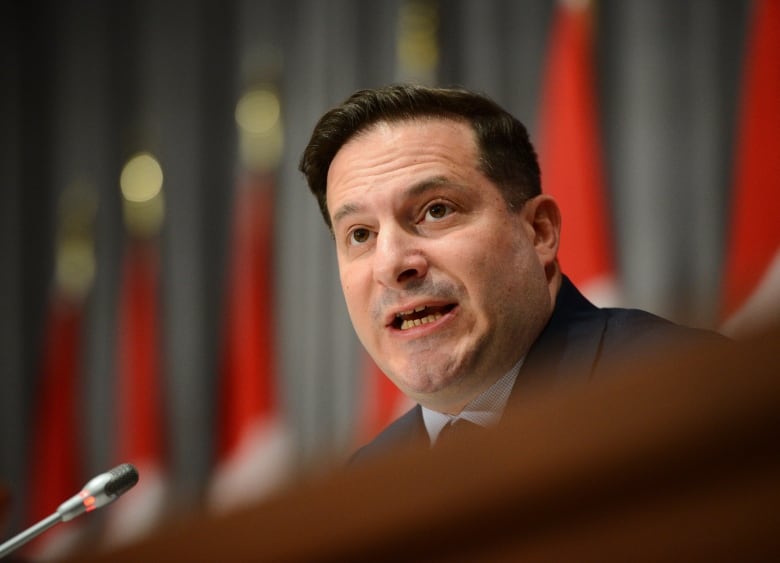Refugee advocates say Canada must step up resettlement efforts despite pandemic
[ad_1]
Advocates for refugees say the federal government must step up its efforts to help people fleeing conflict and persecution abroad — even as the pandemic continues to suppress cross-border movement around the world.
The federal government says that, despite lockdowns and travel restrictions, Canada is now resettling about 250 refugees per week after admissions slowed to a trickle due to the global pandemic, and has welcomed nearly 6,000 refugees since January.
That’s still substantially lower than the government’s 2020 target of nearly 32,000 refugees.
Alex Cohen, spokesperson for Immigration Minister Marco Mendicino, said Canada is working to identify the most urgent refugee cases as international partners begin to resume operations abroad. Cases are prioritized based on vulnerability, partner capacity, travel availability and travel restrictions, he said.
“It’s important to note that conditions to facilitate departure vary by country, and departures may not be possible due to domestic movement restrictions, the ability to obtain exit permits, airport closures and flight availability in some countries,” Cohen said in a media statement to CBC News.

The roughly 250 refugees Canada is admitting each week are coming through a coordinated effort with the United Nations High Commissioner for Refugees (UNHCR), the International Organization for Migration and other partners, he added.
Mendicino recently announced Canada’s three-year immigration plan, which calls for the admission of about 36,000 refugees next year.
Refugee advocates said they welcome the targeted intake boost — but warn that it will be tough to meet without significant policy changes.
Deal with the backlog, say advocates
The Canadian Refugee Sponsorship Agreement Holders Association, which represents 118 organizations that privately sponsor refugees, is urging the government to exempt all refugees from travel restrictions regardless of when they were approved as permanent residents. Right now, only those approved before March 18 are exempted.
“That would help meet the government’s immigration levels and manage the rapidly growing backlog of applications in the process,” the group said in a media statement.
Janet Dench, executive director of the Canadian Council for Refugees, said Canada’s continued efforts to resettle refugees are critical because many have recently lost the modest incomes they needed to survive and feed their families.
“A lot of those opportunities to earn a little bit of money have disappeared, so there are really devastating impacts for many people as a result of the pandemic, which is just adding to the precarity that people were suffering before the pandemic,” she said.
Private sponsors typically cover expenses such as housing, furniture and food during a refugee’s first year in Canada. Since the pandemic began, they also have been making arrangements for the 14-day quarantine period required of every person entering Canada.
Dench said that’s an extra challenge, given the added costs and potential health risks.
“It’s not just a question of how fast is the government bringing them in. It’s also what measures do we have in place to make it feasible for the people arriving to be meeting the requirements of isolation,” she said.
MP Jenny Kwan, the NDP’s caucus critic for immigration, said she’s confident that Canada can lift travel restrictions for refugees while still protecting public health and safety. She said it’s critical to continue resettlement efforts despite the pandemic.
“Persecution does not stop just because we’re in the middle of a pandemic. Those who are fleeing to get to safety continue to need to get to safety,” she said.
“In fact, if anything — in the face of a pandemic, in the face of COVID-19 — their situations are even worse.”
Cohen from Mendicino’s office said the United Nations has consistently recognized Canada’s leading role on refugee resettlement, and that Canada continues to welcome people despite a reduced capacity of the “entire resettlement ecosystem” and increased demands related to safe quarantine requirements.
“While many counties have closed their doors to refugees, we continue our work to welcome the world’s most vulnerable, recognizing these constraints,” he said.
[ad_2]
SOURCE NEWS
